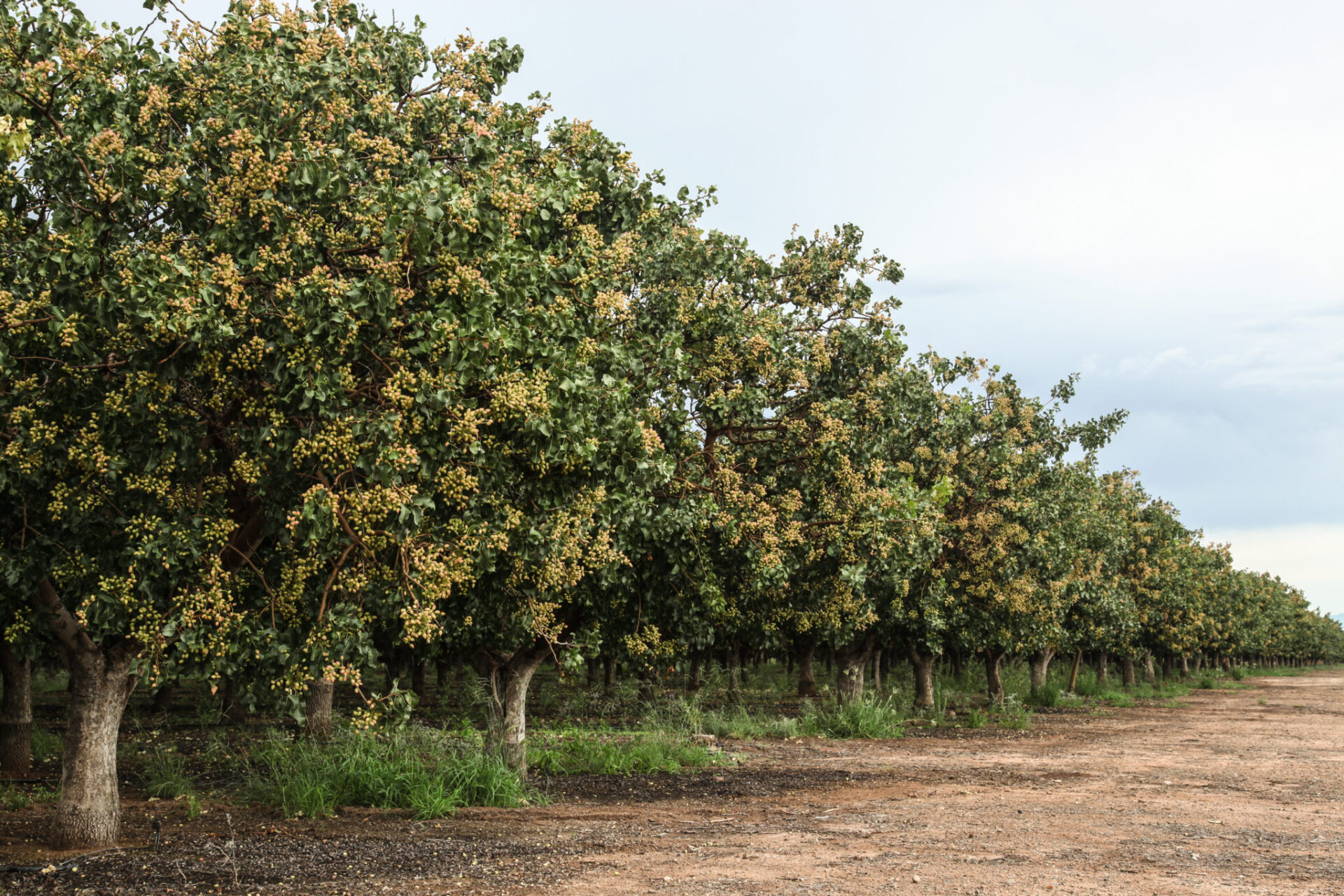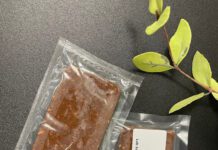The trials and tribulations of doing business in California. Just about the time you think you’ve seen every possible regulation there could ever be, the State of California raises the bar one notch higher. Recently, California Air Resources Board (CARB) approved the next generation “Truck Rule” when they adopted the Advanced Clean Truck (ACT) Regulation. This is a far-reaching, first-of-its-kind regulation for new trucks anywhere in the country. It would require truck manufacturers to sell an increasing amount of zero-emission trucks (electric) from 2024 to 2035. By 2035, zero-emission truck/chassis sales would need to be 55% of Class 2b – 3 truck sales, 75% of Class 4-8 truck sales and 40% of truck tractor sales. This is different than CARB’s current truck rule, which requires the mandatory replacement of all existing trucks operating in California with trucks that contain 2010 or newer engines by 2023. This has been a costly endeavor for business in California, especially agriculture with little to no incentives available to help fund the replacement of those trucks. And while we haven’t even finished complying with the existing truck rule, we now have to look forward to yet another regulation?
The Western Agricultural Processors Association (WAPA) was part of a coalition that opposed this new regulation, but many groups did not actively fight it. Why? Some weren’t aware of the proposed regulation, while others have simply given up believing this is how life in California is going to be. It’s hard to argue that mindset given the makeup of the voters and the current legislature, but giving up just doesn’t seem right. Layered on top of this was the stepped enforcement of CARB’s Periodic Smoke Inspection Program (PSIP). The PSIP Program helps CARB achieve two main goals through the required routine smoke inspections. One being that diesel equipment’s visible emissions are checked based on the approved opacity of emissions for that equipment’s model year, and the second objective is that the yearly mileage is noted on each PSIP certification. The second objective is very critical, specifically for compliance within CARB’s Truck and Bus Regulation. If a businesses’ fleet is not in compliance with the Truck and Bus Regulation, the first thing that CARB staff will ask for is the equipment’s PSIP certificate for the reporting year. PSIPs are considered a verifiable document through a third-party inspector, and the mileages included in a vehicle’s PSIP is creditable amongst the compliance staff at CARB.
With all of this in play, the industry was left with a decision to make. Do we fold and go home, or do we find another way to survive? A new thought was born: use the same approach that has been working for tractors and harvesters and get ahead of the curve. That is to find incentive monies and replace trucks with the latest technology where and when it will work.
Partnering with the San Joaquin Valley Air Pollution Control District (SJVAPCD), Federal EPA, CARB and Orange EV, WAPA was able to deliver 17 electric yard trucks to replace old diesel trucks using both Federal and State air pollution incentive funds. This “first-of-its-kind program” was the brainchild of the San Joaquin Valley APCD and WAPA to “stack” two air pollution incentive funding programs to create enough incentive to get tree nut hullers or processors to destroy the old diesel yard trucks with brand new fully electric yard trucks. 45% of the cost came from Federal EPA from the Diesel Emission Reduction Act (DERA) funds that Air Districts throughout the country compete for. On our first application, SJVAPCD was approved and received enough funding for 17 trucks. The only caveat was we had to destroy the old diesel trucks. This was then coupled with California’s Clean Off-Road Equipment (CORE) Program which provided up to an additional $150,000 towards the purchase of the new electric truck. That means paying a few thousand dollars for a truck that costs more than $280,000. It took almost two years to complete this process, but the first 14 trucks have been delivered to tree nut hullers and processors throughout the valley and the remaining three are on their way. We look forward to working to repeat this successful effort in the coming year.
WAPA wishes to thank partners at EPA, CARB, SJVAPCD and Orange EV for their efforts in making this happen.











